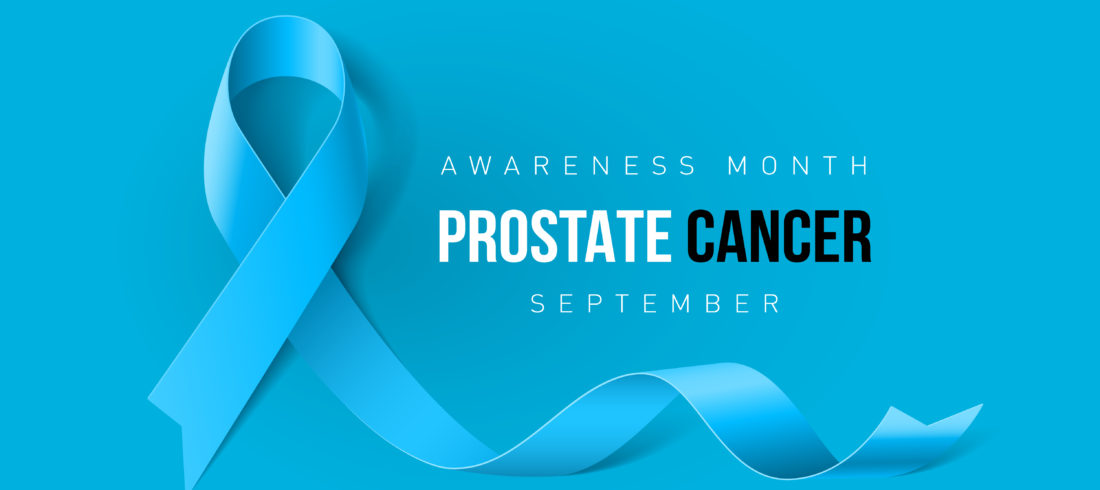One in nine men will be diagnosed with prostate cancer during his lifetime, and more than 200,000 men will be diagnosed with prostate cancer this year alone! At Premier Medical Group our strong commitment to prostate cancer early diagnosis, treatment and cure has been demonstrated through our years of pioneering research, advanced testing technology and compassionate care.
Understand the Risks
Prostate cancer develops mainly in older men and at a higher rate in African-American men. About 6 cases in 10 are diagnosed in men aged 65 or older, and although it is rare for it to be diagnosed before age 40, it is valuable to start benchmark PSA testing in your 40s. The average age at the time of diagnosis is about 66. Prostate cancer can be a serious disease, but most men diagnosed with prostate cancer do not die from it. In fact, more than 2.9 million men in the United States who have been diagnosed with prostate cancer at some point are still alive today. Most men will die with prostate cancer rather than from it.
How You Can be More Aware of the Risks and Symptoms of Prostate Cancer
The prostate is a walnut-sized gland that makes the fluid that nourishes and stores semen. It is located below the bladder in front of the rectum and surrounds the urethra
Today there are more options for men at risk of prostate cancer, or with a diagnosis of prostate cancer than ever before. Approximately 90 percent of prostate cancers are found when they are still inside the prostate gland. However, it can extend outside the covering of the prostate or into the seminal vesicles (two small glands that sit on top of the prostate. In advanced stages, prostate cancer may spread into the lymph nodes of the pelvis or into the bones.
At Premier Medical Group our Urology Division offers diagnosis using the latest and most accurate technology available and can help you make the decision about your next step.
Tests to Screen for Prostate Cancer
Two tests commonly used to screen for prostate cancer are the prostate-specific antigen (PSA) test and the digital rectal exam (DRE). But neither test, either alone or in combination, can give you a certain diagnosis of prostate cancer. The definitive method is for your physician to take each of the following steps:
- Perform a comprehensive examination
- Perform a prostate biopsy
- Undertake an evaluation of risk factors, such as your family history of the disease
- Perform and analyze diagnostic imaging studies
What to Do If You Are Experiencing These Symptoms
Early-stage prostate cancer has few symptoms. It is most often found through a PSA test or a DRE. Later stage symptoms are more noticeable and may include one or more of those listed below. However, these symptoms can also be caused by non-cancerous conditions of the prostate, known as Benign prostatic hyperplasia (BPH) — also called prostate gland enlargement — a common condition as men get older. An enlarged prostate gland can cause uncomfortable urinary symptoms, such as blocking the flow of urine out of the bladder.
Important Prostate Symptoms and Signs
- Frequent urination
- Weak or interrupted urine flow or the need to strain to empty the bladder
- The urge to urinate frequently at night
- Blood in the urine
- Blood in the seminal fluid
- New onset of erectile dysfunction
- Pain or burning during urination, which is much less common
- Discomfort or pain when sitting, caused by an enlarged prostate
When Should You Start Being Screened for Prostate Cancer?
The specialists in the Premier Medical Group Urology Division advise that all men should get a baseline PSA test while in their 40s. Along with a brief prostate exam – the doctor feels your prostate through the rectum – this is a good guideline for your physician to be alert for future developments.
Don’t Be Embarrassed, Be Proactive with Your Prostate
Neglecting your prostate because you don’t like the idea of a prostate exam is, quite honestly, foolish and risky. The more comfortable you are about attending to your prostate, the less likely it is to be a threat to your future health and happiness. Be aware. Take responsibility for your prostate health and help raise awareness among your friends and family. We are looking forward to the day when nobody needs to die of prostate cancer. Taking charge of your health is your contribution.


